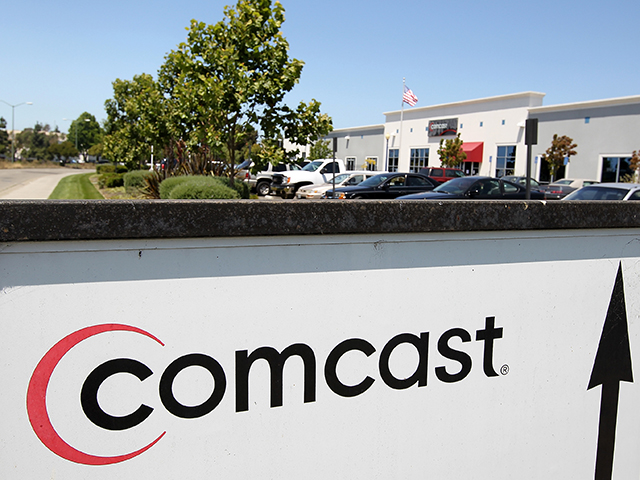While much of official Washington was kept from the office on Thursday by a snowstorm, a storm of a different kind was developing in the television world. Comcast, the nation’s largest cable TV company, reached a deal to buy Time-Warner Cable.
The instant analysis of the deal was as breathless and overwrought as any Weather Channel report. The combined firm would be a behemoth, Americans were warned, with an unprecedented stranglehold on television and Internet markets.
Look a little closer, and the forecasted storm is just hot air. To begin with, these companies do not compete with each other. Comcast and Time-Warner Cable (not to be confused with Time-Warner, the media firm from which TWC was hived off in 2009) operate in geographically distinct cable TV franchises around the country. They do not overlap.
Moreover, while they are the largest and second-largest cable TV firms nationally, that metric is largely meaningless. The paid television marketplace includes many other competitors, ranging from telecommunications firms such as Verizon and AT&T to satellite providers such as DIRECTV, to a growing band of Internet TV providers such as Netflix and Apple TV. It’s a diverse marketplace, in which Comcast and TWC together serve barely 30 percent of subscribers. (In fact, Comcast has pledged to divest cable systems to keep the share below that figure).
The Comcast/TWC deal is a sign that competition is increasing, not decreasing. It’s no secret that a growing number of Americans are deciding to cut the cord—dropping their cable subscriptions and relying instead on online video offerings. In today’s House of Cards world, that’s a real option for consumers and a real danger for traditional providers.
But could the combined Comcast/TWC use its broadband assets to trip up its online competitors, hindering their access to the Internet? Critics point to the recent invalidation of the Federal Communication Commission’s “net neutrality” rules, leaving no rule in place prohibiting supposed abuse. But that’s not quite accurate. Comcast is required to abide by net neutrality rules as a condition of a previous merger. More important, such rules are not necessary. Comcast and TWC’s broadband Internet services face stiff competition from familiar rivals such as Verizon and AT&T, as well as from well-heeled newcomers such as Google. This competition will keep the merged firm in check.
This deal is far from the threat indicated by critics. Instead, it is a sign that competition in the marketplace is growing and a signal to all to up their games. Regulators should quickly approve the merger and let the competition proceed.



























